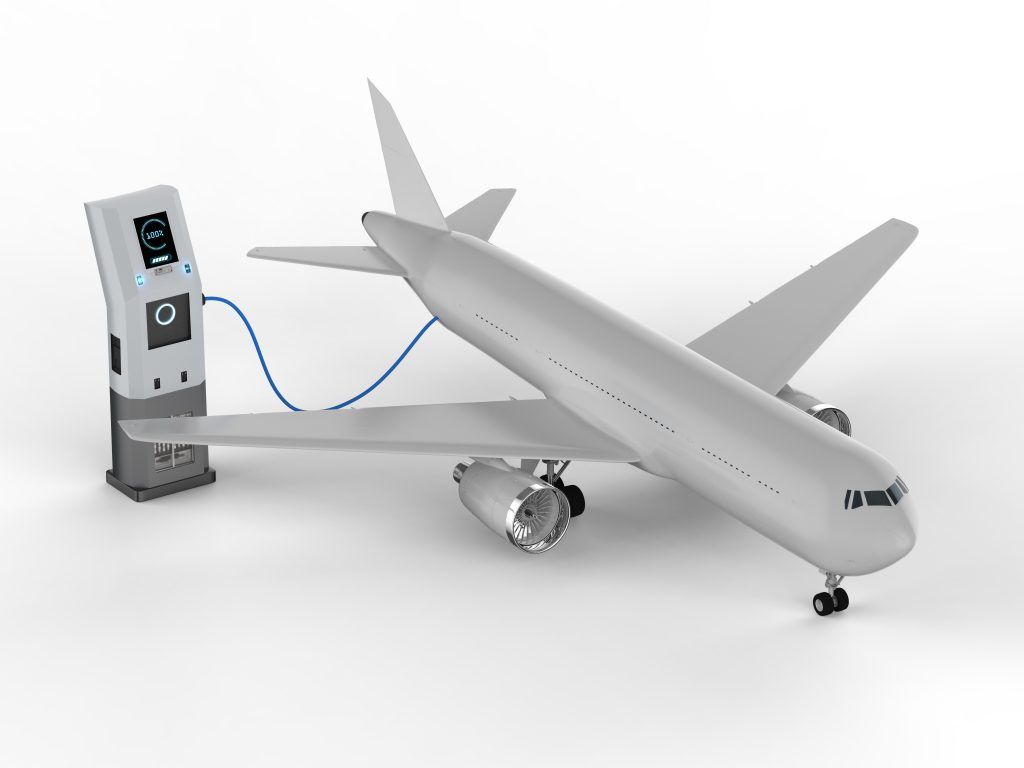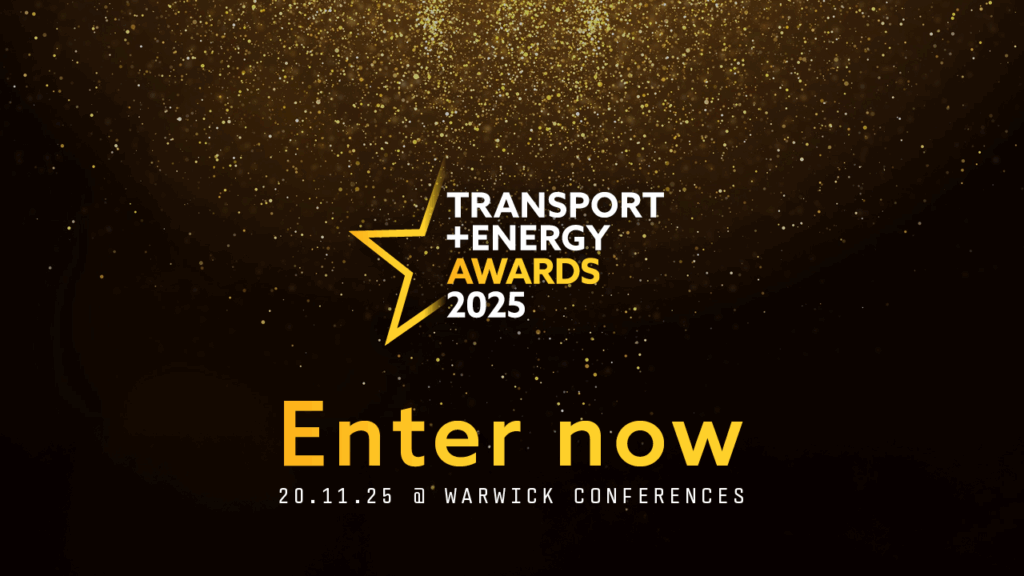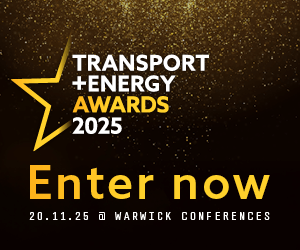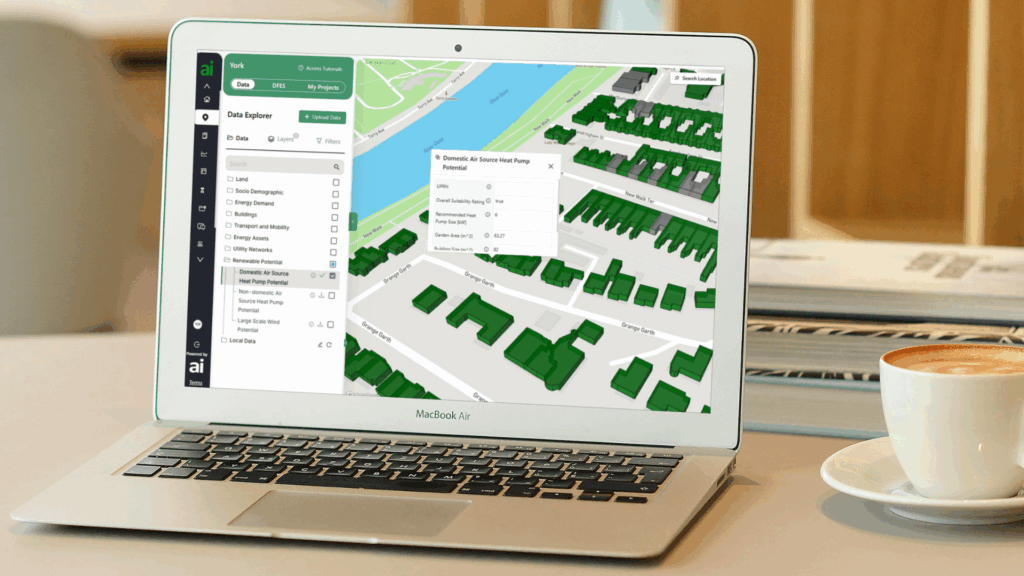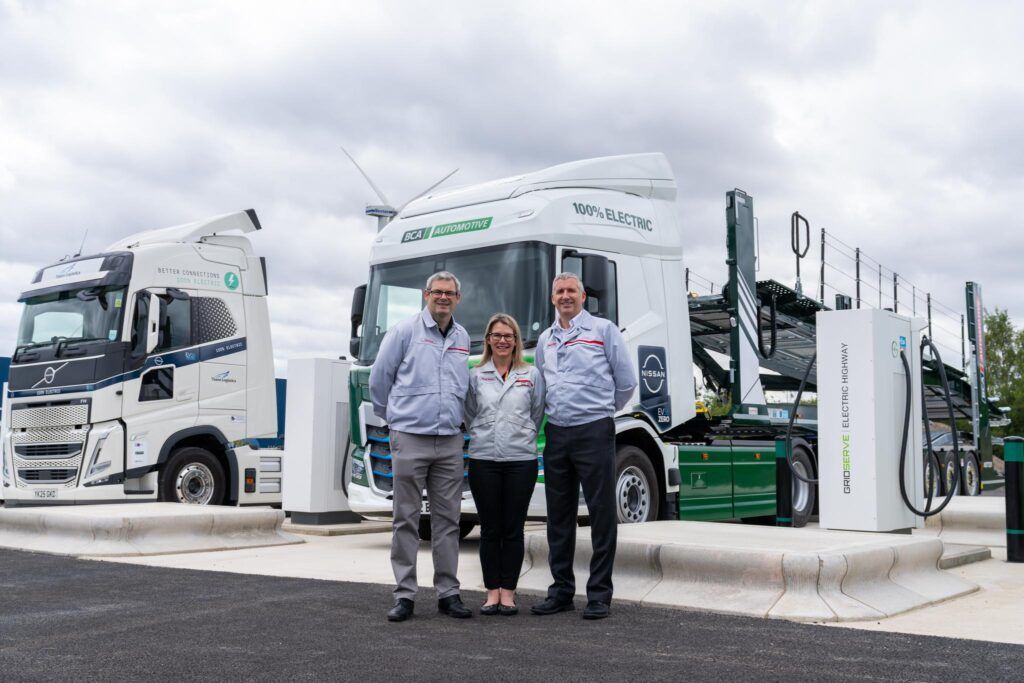Car and engine manufacturer, Rolls-Royce, says new products will be compatible with net zero by 2030, whole business compatible by 2050, with an increasing proportion of gross R&D spent on lower carbon and net zero technologies to 75% by 2025 to decarbonise transport, energy and the built environment.
The company is also investing in battery storage technology, demonstrating new EV and hybrid fuel cells and building a leading position in all-electric and hybrid-electric flight. The company’s production site in Bristol, is set to be the first Rolls-Royce facility to achieve net zero carbon status, in 2022.
The company said in its statement: “We are introducing short-term targets to accelerate the take-up of sustainable fuels, which have a key role to play in the decarbonisation of some of our markets, especially long-haul aviation. We are already well advanced with net zero and zero carbon technologies across our Power Systems portfolio and as a result have sufficiently reliable data to be able to define a science-based interim target to reduce by 35% the lifetime emissions of new products sold by the business by 2030.
“We are expanding our collaboration with partners, industry leaders and governments across the three critical systems in which we operate – transport, energy and the built environment – to accelerate progress.”
Warren East, CEO, Rolls-Royce, said: “At Rolls-Royce, we believe in the positive, transforming potential of technology. We pioneer power that is central to the successful functioning of the modern world. To combat the climate crisis, that power must be made compatible with net zero carbon emissions. This is a societal imperative as well as one of the greatest commercial and technological opportunities of our time.
“Our products and services are used in aviation, shipping and energy generation, where demand for power is increasing as the world’s population grows, becomes increasingly urbanised, more affluent and requires more electricity. These sectors are also among those where achieving net zero carbon is hardest. As a result, our innovative technology has a fundamental role to play in enabling and even accelerating, the overall global transition to a net zero carbon future.
“We believe that as the world emerges from the COVID-19 pandemic and looks to build back better, global economic growth can be compatible with a net zero carbon future and that Rolls-Royce can help make that happen.”
Nigel Topping, UN High Level Champion for COP26, said: “Winning the race to a zero emission economy by 2050 at the latest requires radical collaboration and technology breakthroughs across energy, transport and the built environment – critical parts of the economy that are also among the hardest to decarbonise.”
More recently Rolls-Royce has focused its efforts on the creation of sustainable power, creating the world’s most efficient large civil aero-engine, significantly improving the economics of sustainable aviation fuels, building a microgrid business and designing a small modular reactor power plant with the potential to transform how it powers its industrial processes.
Image: Shutterstock




